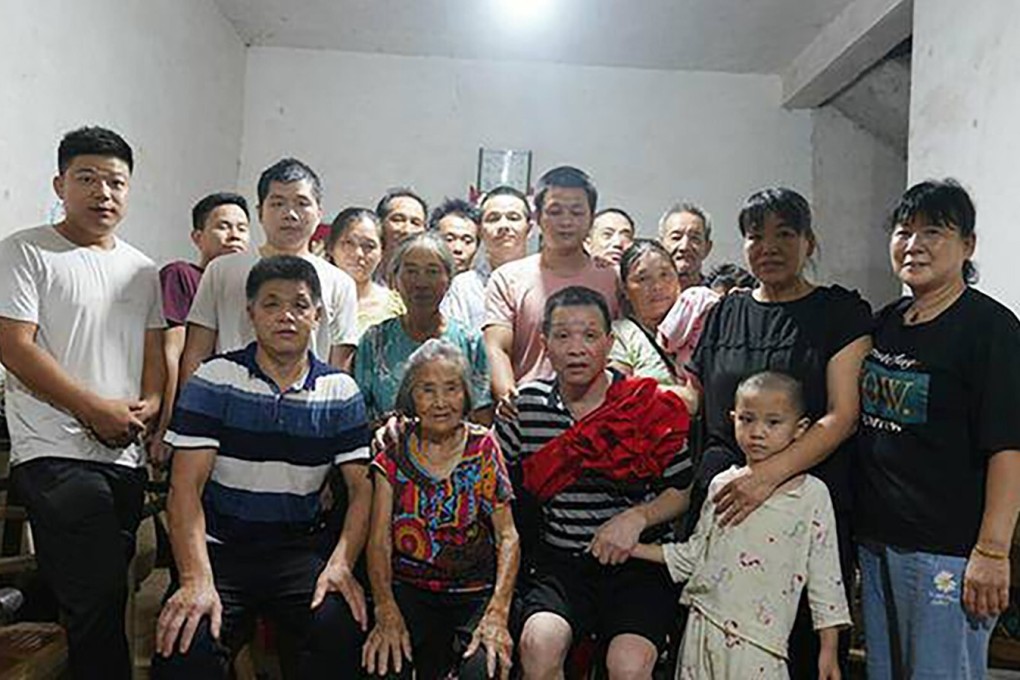Opinion | Zhang Yuhuan case shows China’s need to prevent wrongful convictions
- High-profile cases have revealed gaps in China’s legal system: coerced confessions, misidentification of bodies, conflicting statements and lack of evidence
- Authorities must take a careful look at what went wrong in Zhang’s case, punish those responsible and consider ways to avoid wrongful convictions in the future

The Supreme People’s Court in the eastern province of Jiangxi declared Zhang not guilty on August 4 in a retrial, based on a lack of sufficient evidence. In the past few days, Chinese media has been awash with his tale. There have been tear-soaked images of his reunion with his ageing mother, his ex-wife who fought hard for his release and his two grown sons, whom he last saw as toddlers.
Zhang was jailed for 9,778 days – nearly 27 years – and is believed to be the longest-serving wrongly convicted prisoner in China. He was arrested in October 1993 after two boys in Touling village were found dead and police suspected Zhang, a neighbour of the victims, had strangled and killed them.
He received a suspended death sentence from the Nanchang Intermediate People’s Court in January 1995 that was commuted to life imprisonment after two years. Zhang said he was forced to make false confessions after being tortured and threatened by police during interrogation.
Zhang has always maintained his innocence, and his family have repeatedly appealed to all relevant legal departments and every level of courts. Two months after the initial sentencing, the Jiangxi Supreme People’s Court heard his appeal and ordered a retrial that, in 2001, upheld the original verdict. The case was reopened last year, pushed by his family and a defence lawyer.
On the day I heard this news, I happened to listen to The Death Row Book Club, a BBC radio documentary about an American man who created a book club while on death row. He spent 28 years in jail while innocent of a double murder.
